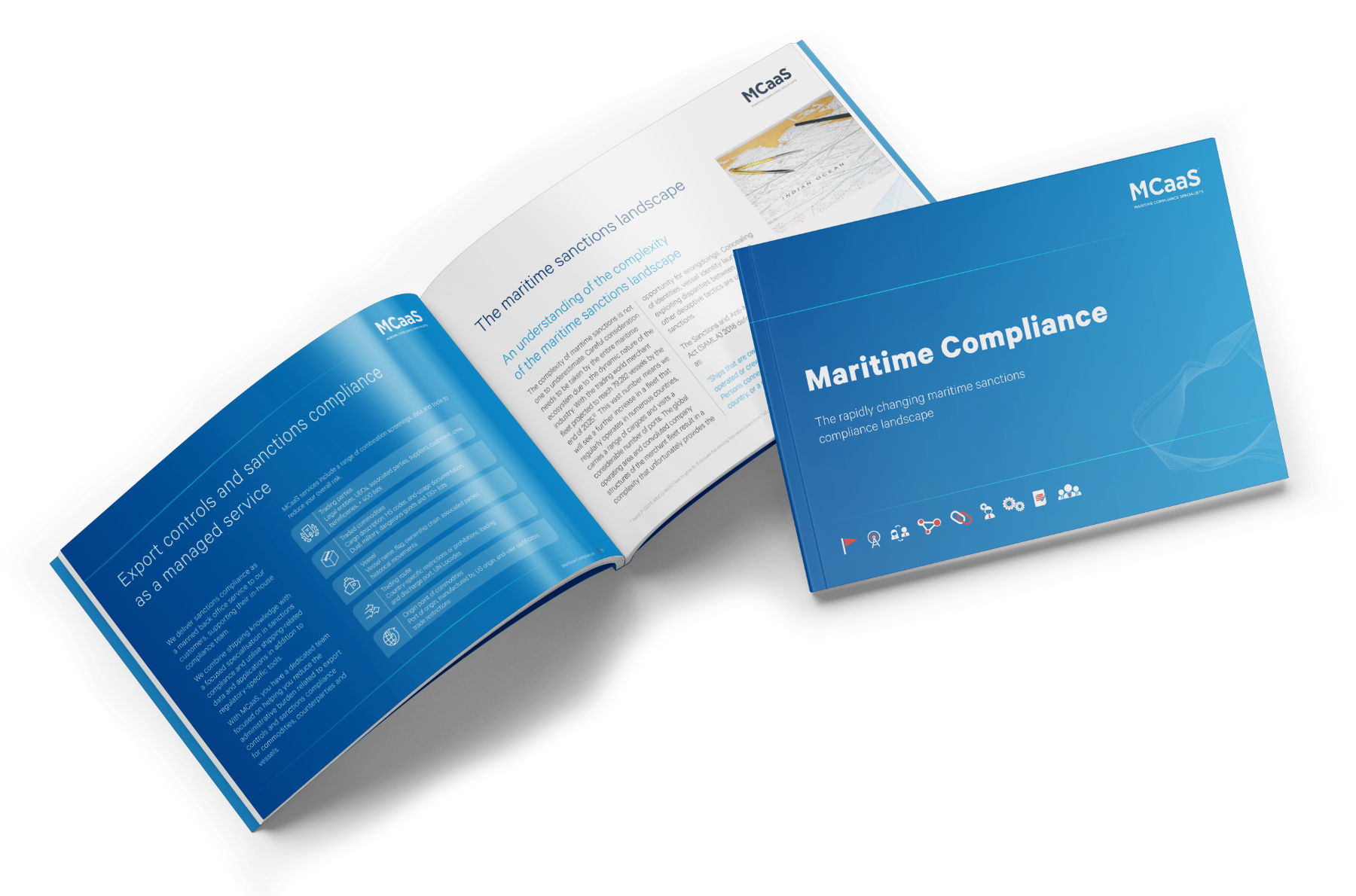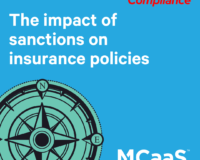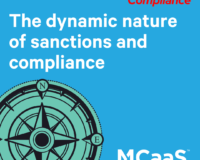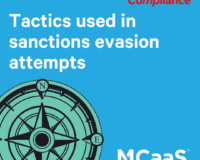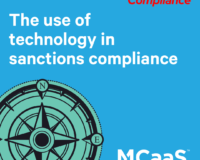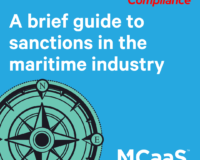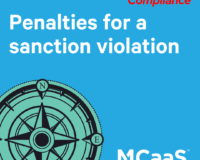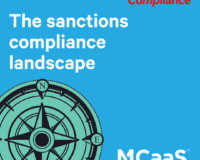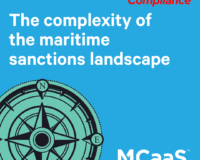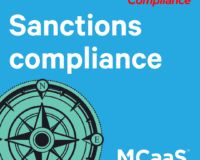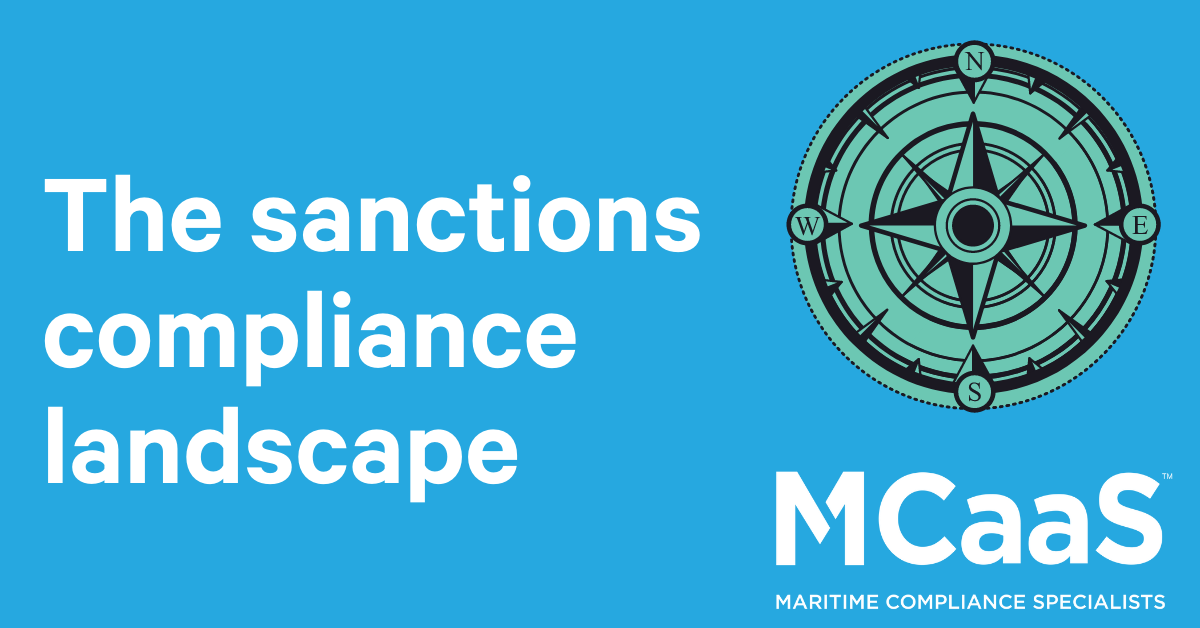
The maritime sanctions landscape is constantly evolving. Geopolitical changes, diplomatically-led coercive actions and even global pandemics have impacted the sanctions landscape, and to varying extents could continue to do so.
A greater priority
The Refinitiv 2021 risk report results concluded that 40% of organisations had said that COVID-19 made sanctions screening a greater priority. This report offered further stark statistics highlighting how the pandemic had led to a high percentage of organisations taking greater risks and shortcuts during due diligence checks, due to a heightened focus on increasing profits.
The relationship between Russia and Ukraine has led Western powers to take unprecedented steps politically, culturally and economically to isolate Russia. Sanctions are a core part of a near-global strategy to put pressure on Russian leadership to back down.
March 2022 saw the US issue an executive order that definitively bans the import of Russian oil and gas by the end of the year, more than 1000 Russian individuals and businesses have been sanctioned by the US, UK and the EU as well as dramatic shifts in Russian shipping trade as a result.

Accounting for more than 2000 vessels of the merchant fleet, the sanctioning of Russian vessels has the potential to disrupt the industry in a similar way that the sanctioning of COSCO caused the tanker spot rates to substantially increase in 2019.
In what is believed to be an attempt to obscure identities, Russian vessels have been changing their registered flag known as ‘flag hopping’. Reports on the flag hopping of these entities have seen more than three times the monthly average number of vessels re-registering elsewhere, 18 vessels including 11 from one fleet changed in March 2022 alone.
Disruption to the industry
The impact on the industry could see several businesses wanting to separate themselves from any Russian ties to protect against the reputational risk that it could bring. Resultantly the impact of the reduction in trade between many entities and Russia will result in disruption of the supply chain, with both imports and exports being scarce.
The disturbance caused by this conflict has impacted the maritime industry to varying extents.
The disruption of shipping and freight, sanctioned vessels and crews unable to depart and enter ports as well as severe disruptions to cargo movements have all been witnessed. These changes as well as various new measures in force to sanction Russia for their involvement are added to the already complex landscape.
It is more important than ever to understand who you are doing business with. Sanctions compliance is not purely a legal and compliance concern, it impacts every area of a business and is core to enabling efficient operations.
Want to learn more about maritime sanctions compliance?
Further details of the areas discussed within this article can be found within our latest report ‘Maritime Compliance – The rapidly changing maritime sanctions compliance landscape’. This guide to industry includes discussion on the landscape as well as sanctions compliance measures and how best to mitigate against the many associated risks.
